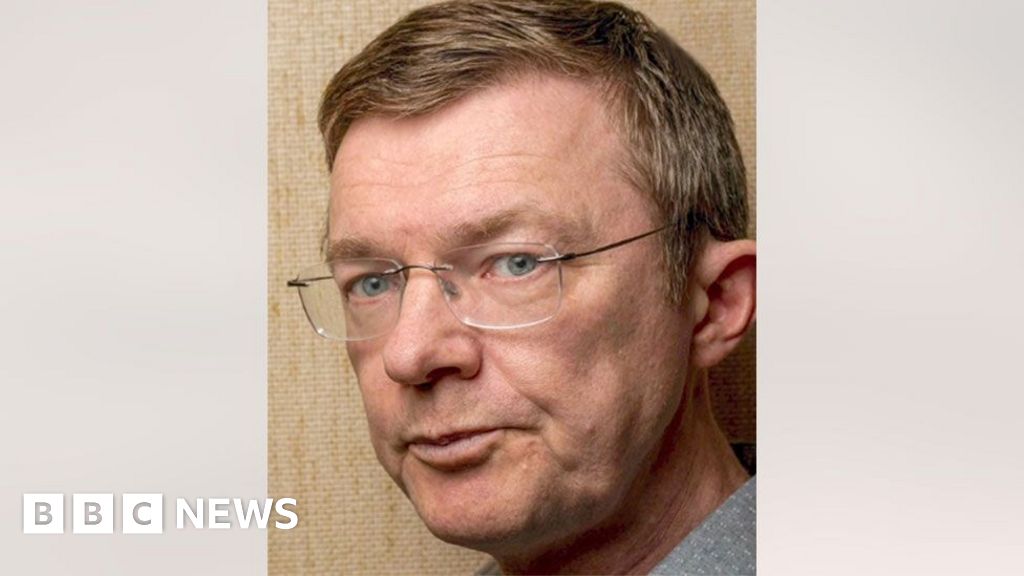Hundreds of civilians, including at least 12 humanitarian workers, have been killed in recent artillery shelling targeting the El Fasher and Zamzam camps in Sudan’s Darfur region, triggering an unprecedented wave of displacement according to the UN.
Violent clashes between armed militias and forces of the military Government have escalated dramatically across North Darfur in recent weeks as Sudan marked two years of civil war.
The El Fasher and Zamzam camps for internally displaced persons (IDPs) who were forced to flee their homes because of the conflict, were disproportionately affected.
“The bombs were falling on the hospital. The sick and their mothers were killed. Those of us who survived left with only our children on our backs,” said Hawa, a mother of three who was inside a hospital in the Zamzam camp during the shelling, speaking to the UN Children’s Emergency Fund (UNICEF).
Horror and displacement
The attacks have destroyed critical infrastructure, halted water trucking services, and led to the collapse of already fragile health services, according to the UN.
Zamzam IDP camp, which prior to the recent shelling housed at least 400,000 people, has now been nearly emptied. The UN has reported that over 332,000 people have fled the camp.
Humanitarian organisations are warning of increasing reports of sexual violence, the targeting of civilians, and forced recruitment – particularly by elements of the Rapid Support Forces (RSF) militia.
Aid under strain
The sudden and massive influx of IDPs into already overwhelmed towns and host communities is increasing the strain on health services, water infrastructure, and local food systems.
While IDP camps face soaring demand for emergency shelters, clean water, food, and protection services, fuel shortages have led to the near-total suspension of water trucking operations in many areas, including El Fasher.
The sick and their mothers were killed. Those of us who survived left with only our children on our backs
In Central Darfur, health partners report rising levels of malnutrition, especially among children.
“In the past, we had three to four meals per day. For the past two years, giving [my children] one meal a day is a miracle,” Hawa recounted.
Although the UN is currently delivering life-saving food assistance in Tawila — North Darfur, an immediate scale-up in humanitarian assistance is needed to prevent tens of thousands of newly-displaced people from falling further into acute vulnerability.
UN agencies and their partners are urgently appealing for increased funding to avert further loss of life and irreversible humanitarian consequences.
Where next?
Latest news
Read the latest news stories:
- Financing for Whom? The Financing for Development Summit Must Address Social Dimensions Thursday, April 24, 2025
- The Growth of One-Person Households Thursday, April 24, 2025
- ‘Noboa Did Not Receive a Blank Cheque: He Will Have to Show Tangible Results’ Thursday, April 24, 2025
- UN Warns of an Imminent Collapse in Haiti Thursday, April 24, 2025
- This Election Campaign Offers Two Opposing Visions of How to Tackle Insecurity Thursday, April 24, 2025
- Rampant Tourism, Climate Change Threatens Varkala's Unique Geodiversity Thursday, April 24, 2025
- A Nation Bleeds While the World Watches: The Tragedy in Sudan Must End Thursday, April 24, 2025
- African Countries Still Underfunding Health by as Much as 50 Percent Thursday, April 24, 2025
- Hundreds killed in Sudan’s camps for displaced people Thursday, April 24, 2025
- More action needed to beat malaria for good, says UN Thursday, April 24, 2025
Link to this page from your site/blog
Add the following HTML code to your page:
<p><a href="https://www.globalissues.org/news/2025/04/24/39690">Hundreds killed in Sudan’s camps for displaced people</a>, <cite>Inter Press Service</cite>, Thursday, April 24, 2025 (posted by Global Issues)</p>… to produce this:
Hundreds killed in Sudan’s camps for displaced people, Inter Press Service, Thursday, April 24, 2025 (posted by Global Issues)

 1 month ago
10
1 month ago
10










 English (US) ·
English (US) ·